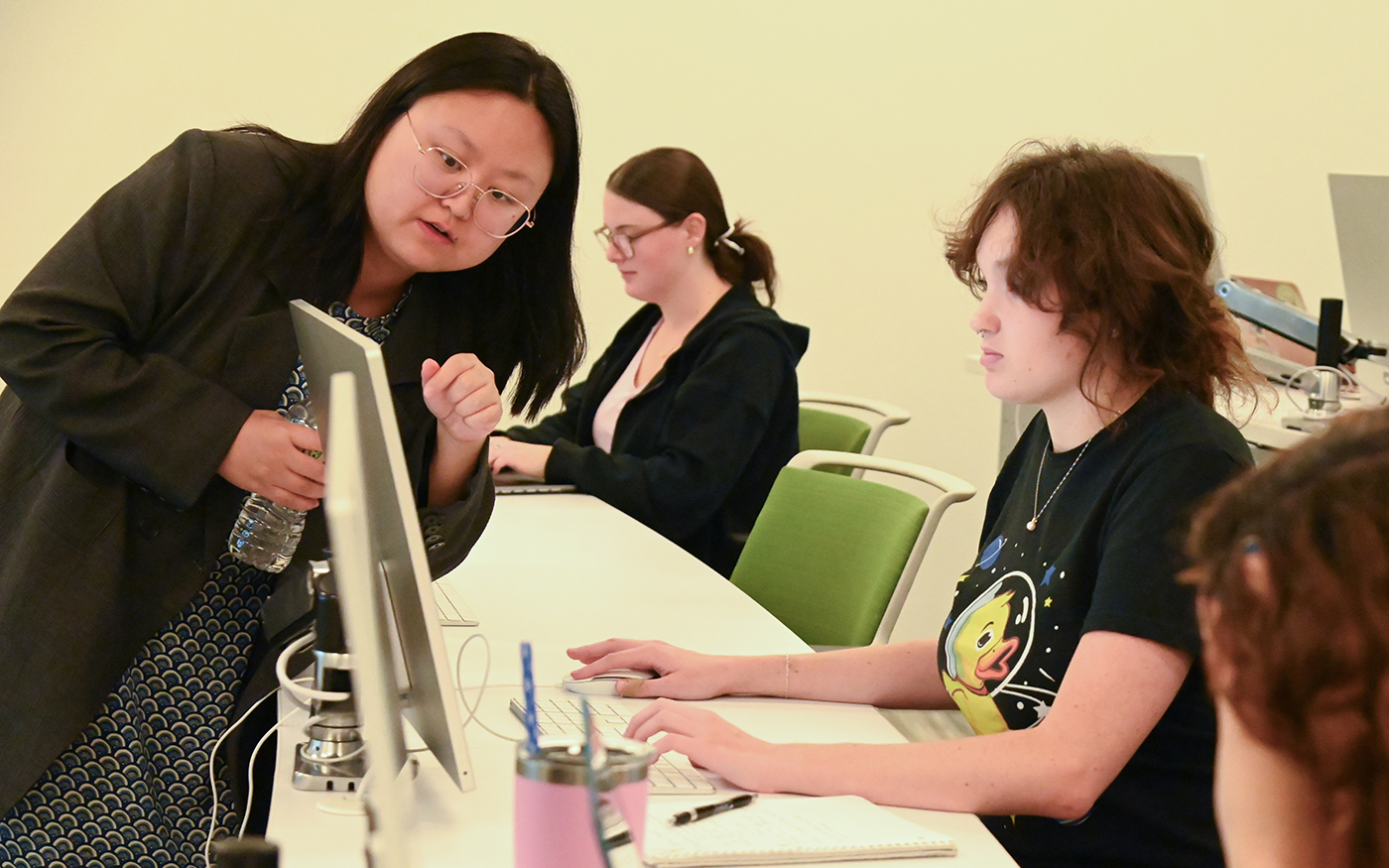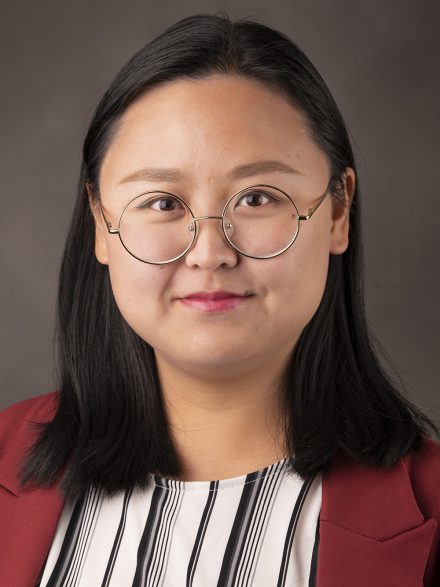In collaboration with her co-authors, the assistant professor of communication design recently examined how serious games – video games designed for purposes beyond entertainment – can tackle important social issues like school bullying.

Cheng “Chris” Chen, assistant professor of communication design, has released new research exploring how game design can influence players’ prosocial intentions, particularly in response to school bullying. The study, published in Media and Communication, examines how different player perspectives in narrative-driven games affect empathy and decision-making.

In collaboration with seven co-authors, Chen published a Feb. 13 article, titled “Amplifying Player Experience to Facilitate Prosocial Outcomes in a Narrative-Based Serious Game.”
The researchers found that when players assume the role of a bully and are given decision-making control, their prosocial intentions toward victims increase. This effect is driven by a sense of autonomy, engagement with the game’s narrative, and empathy toward non-player characters. The findings suggest that intentional game design can be a powerful tool for addressing real-world social issues.
“School bullying is a serious social issue, and this study offers a fresh approach to promoting prosocial behavior through interactive experiences,” Chen said. “By redesigning player interactions, we can encourage empathy and meaningful reflection.”
Chen and her co-authors conducted two studies to explore these dynamics. While the first study highlighted increased engagement and empathy, it did not directly predict prosocial behavior. However, in a follow-up study where players were assigned only one role – either bully or victim – the differences in outcomes became clearer, reinforcing the idea that perspective-taking plays a crucial role in shaping player responses.
Since joining Elon University in fall 2022, Chen has been an active researcher, exploring the psychology of communication technologies, including social media, artificial intelligence, and generative AI. In fall 2024, she received the Best Paper Award at the Second International Symposium on Trustworthy Autonomous Systems in Austin, Texas.


